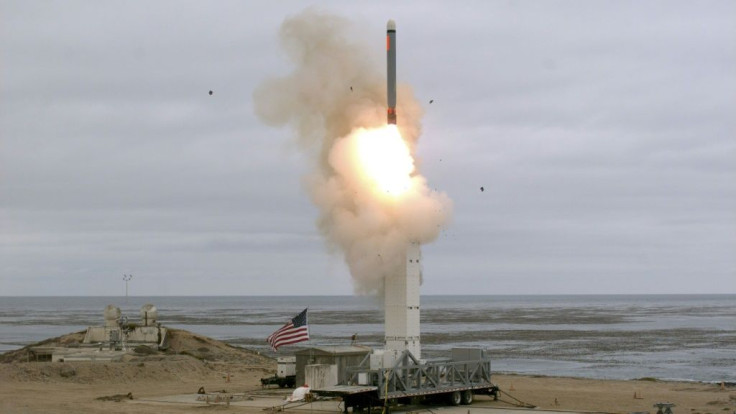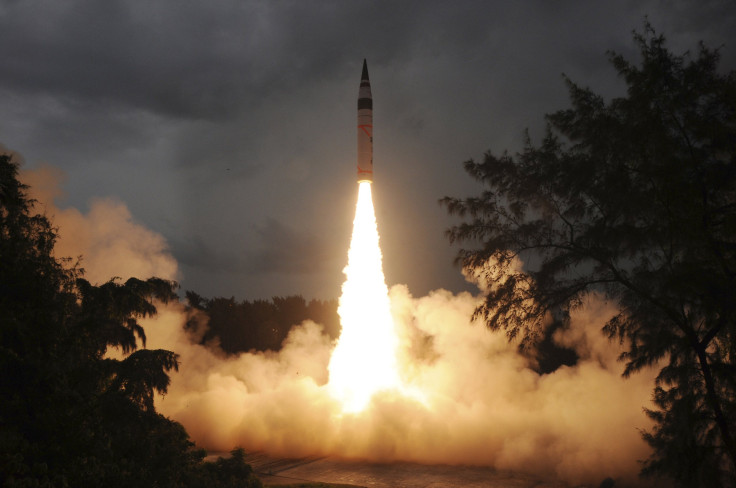Researchers Explain How All-Out Nuclear War Would Paralyze Earth’s Oceans

KEY POINTS
- Researchers studied the effects of nuclear war on oceans
- A nuclear winter would affect marine animals
- A nuclear war could destroy the ecosystem of oceans
A team of researchers studied how a nuclear war between two countries, such as the U.S. and Russia, would affect the entire planet. They concluded that such an event could trigger a nuclear winter that could paralyze the ecosystem of Earth’s oceans.
In a new study published in the Geophysical Research Letters, the researchers used global climate models to simulate the effects of a nuclear war. They focused on a small-scale nuclear conflict between countries. This is the type of war that would break out if countries such as India and Pakistan or Russia and the U.S. used their nuclear weapons against each other.
The researchers learned that if these countries detonated their nuclear weapons, the resulting event would trigger a nuclear winter. According to the researchers, a nuclear winter would if the detonation of powerful warheads caused soot to enter Earth’s stratosphere.
A massive volume of soot could block out the Sun, which could result in wide-scale global cooling. Through climate models, the researchers learned that such an event could last for several years.
“The conflict would likely generate huge amounts of black carbon high in Earth’s atmosphere, causing the globe to cool,” the researchers wrote in the study. “Interestingly, the researchers found that the fallout from a nuclear detonation would come in two stages: the first within one year, and the second between three and five years post-bombing.”
Aside from the effects on global temperature and the quality of air, a nuclear winter would also have damaging effects on the planet’s oceans. According to the researchers, the presence of soot in the stratosphere would cause oceans to absorb high volumes of carbon dioxide, which would hinder the development of coral reefs and shellfish.
Since these marine organisms play an important role in the food chain, their disappearance or dwindling numbers would have a huge impact on life forms that depend on them. Eventually, the chain reaction caused by a nuclear winter in marine animals would lead to a collapse in the food supply. After all, over three billion people in the world depend on oceans for various resources.
“A lot of things would change in the oceans once you dim the lights,” Nicole Lovenduski of the University of Colorado Boulder, who is the lead author of the study, said in a statement. “The way the water moves in the ocean, for example, is sensitive to how much heat it gets from the atmosphere.”

© Copyright IBTimes 2024. All rights reserved.





















